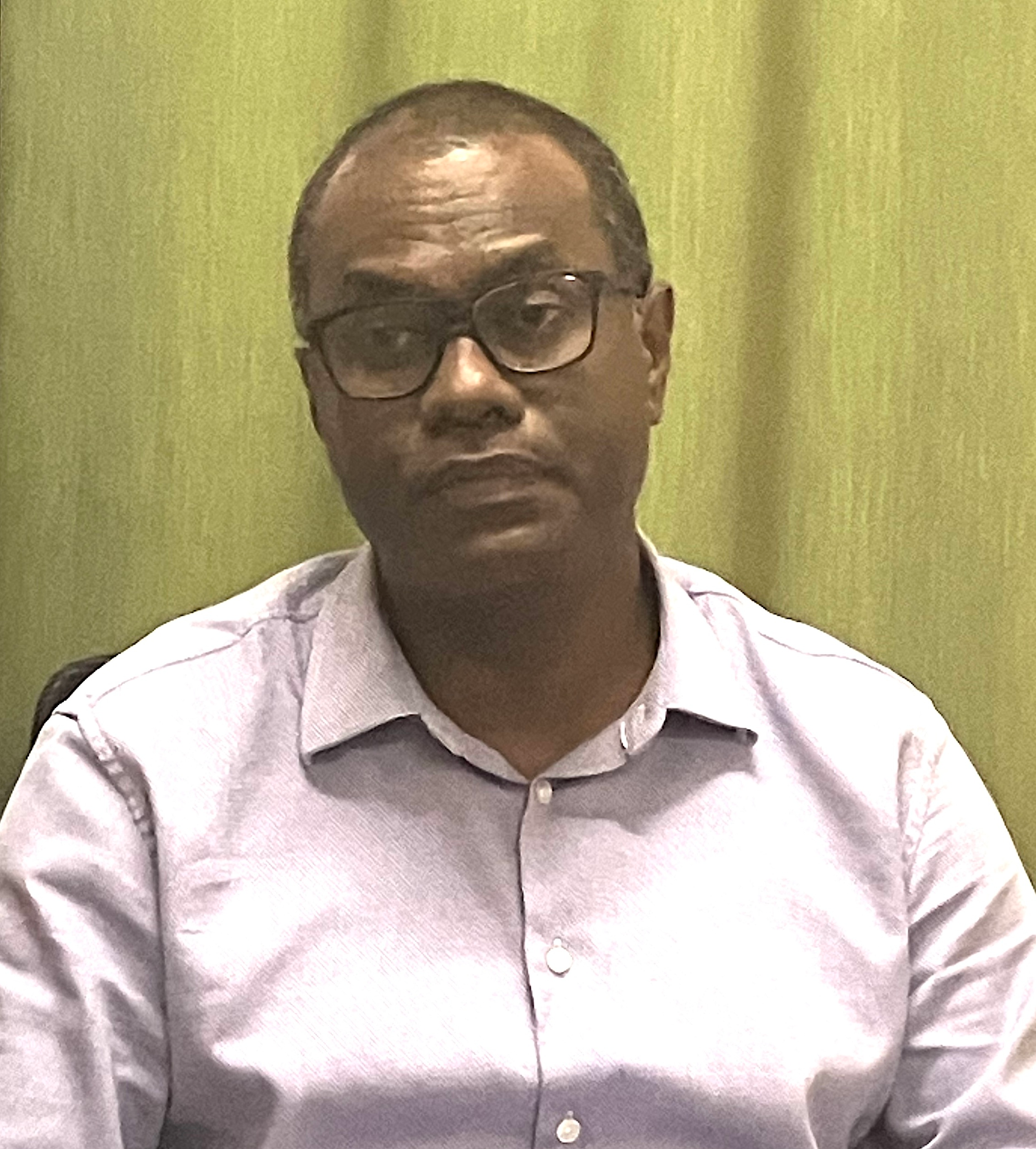
Anti-corruption advocates across the Pacific have urged leaders meeting in Honiara this week to keep the fight against corruption at the top of the regional agenda.
“Corruption is a major problem in the Pacific region and needs urgent action,” Rodney Kingmele, chair of Transparency Solomon Islands (TSI), told reporters today.
“It poses a direct threat to national and regional peace and security, and our region’s ability to deal with the climate crisis,” he added.
Kingmele was speaking on behalf of Transparency International Pacific Chapters, as the 54th Pacific Island Leaders Meeting got underway in Solomon Islands.
TSI was one of TI’s Pacific chapters that’s fighting corruption and bad governance in the country.
Hundreds of leaders and officials from across the Pacific, including Australia and New Zealand, are attending the annual summit.
“Corrupt conduct and practice in political leadership, public and private sector, and civil society diminish all of us and the aspirations of the Blue Pacific Continent vision,” Kingmele said.
“To live in a corrupt region, country, or society is to live in a less fulfilling life,” he added.
Kingmele also pointed out that corruption is a barrier to community development and to achieving the Sustainable Development Goals.
“Corruption hinders government’s ability to deliver essential public services, particularly to those most vulnerable in communities, people with disability, women, children, men (rural and urban).
“Corruption has economic and social costs.”
Kingmele also highlighted the prevalence of “sexual corruption” across the region.
“Sexual corruption, the abuse of entrusted power by a person in authority to obtain a sexual favour in exchange for a service or benefit, is a major problem across the Pacific.
“Women and men are forced to pay bribes to access key services such as health and education for their children.
“Unfair laws, undue influence and favouritism impede citizens’ participation in politics, in economic development and accessing information, when they want to raise their voices.”
He further urged leaders to pay more attention to the integrity of electoral processes, procedures, conduct and electoral systems that could curb current undue influences.
The TSI chair said Civil Society Organisations (CSO) are better placed to deliver this awareness, and with resourcing would be a valuable partner in the implementation of the 2050 Strategy.
For the first time in the history of PIFS, regional CSOs were given more than an hour to have face-to-face dialogue with regional leaders.
